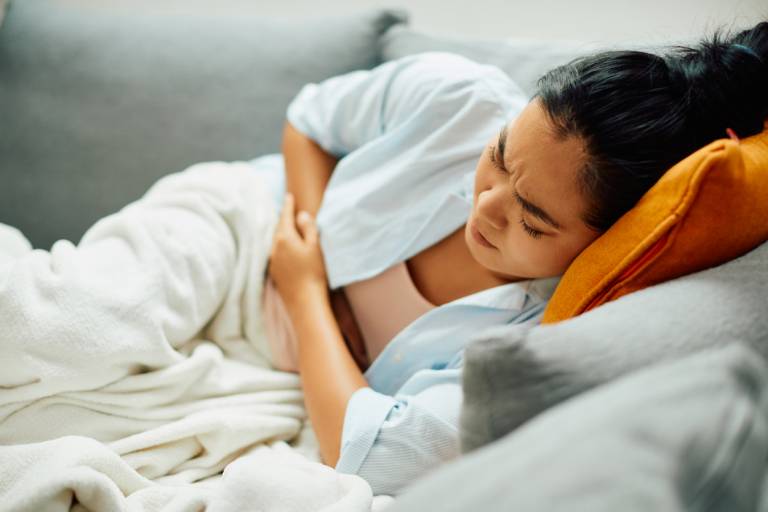New guidelines for endometriosis set to help millions of women with chronic condition
18 February 2022
Scientists from UCL and UCLH have informed a new set of clinical guidelines to aid better diagnosis and management of endometriosis - a chronic condition that causes severe pelvic pain and reduced fertility for millions of women worldwide.

All those involved in the new guidelines, which have been published by The European Society of Human Reproduction and Embryology (ESHRE), say the impact on the general physical, mental and social well-being of the endometriosis community could be huge.
Professor Ertan Saridogan (UCL Elizabeth Garrett Anderson Institute for Women’s Health and Women’s Health Division of University College London Hospitals NHS Foundation Trust) has been working with the ESHRE and other members of the Guideline Development Group since 2003.
Professor Saridogan said: “Having new clinical guidelines means better support and treatment for the millions of women who suffer from endometriosis and do not get the attention they deserve. This new work expands on important issues such as the clinical evidence on endometriosis in adolescents and postmenopausal women.
“It also outlines the diagnostic process, challenges the current laparoscopy and histology used as the overall gold standard diagnostic tests, and it evaluates surgical, medical and non-pharmacological treatments."
For the past two years the Guideline Development Group, chaired by Professor Christian Becker (Endometriosis CaRe Centre, Nuffield Department of Women’s and Reproductive Health, University of Oxford) and Dr Nathalie Vermeulen (Senior Research Specialist at ESHRE) who led the research strategy, worked closely together with Professor Saridogan, Katrine Petersen (Pain Management Centre UCLH) and Julia Cambitzi (Pain Management Centre, UCLH) as well as other European medical and epidemiological experts and patient representatives.
This wide-ranging collaboration helped create the comprehensive new ESHRE Guidelines which include 109 recommendations on diagnosis, treatments for pain and infertility, management of disease recurrence, asymptomatic or extrapelvic disease, endometriosis in adolescents and postmenopausal women, prevention and the association with cancer.
Professor Becker commented: “Endometriosis is a very common, but still highly underrepresented disease with often devastating outcomes for the patients and their families. Together with my colleagues we hope that the new ESHRE Endometriosis Guideline will assist both patients and healthcare professionals in their decision making and understanding of the condition.”
Kathleen King, endometriosis advocate (Ireland) and patient representative in the Guideline Development Group added: “I welcome the publication of the current ESHRE Endometriosis guidelines; the collaborative process involving patient representatives and medical professionals has produced a document that will become an essential part of the toolkit for those living with endometriosis symptoms.
"Patients can feel confident in using the guidelines to open discussions with their healthcare professionals and in turn their healthcare team have a guide based on current best practice and scientific information. I encourage all those with an interest in endometriosis to make full use of the guidelines."
Links
- Professor Ertan Saridogan's academic profile
- UCL Elizabeth Garrett Anderson Institute of Women's Health
- New Guidelines
- ESHRE
Image
- Credit: Drazen Zigic Source: iStock
Media contact
Rowan Walker
Tel: +44 (0)20 3108 8815
Email: r.walker[at] ucl.ac.uk
 Close
Close

